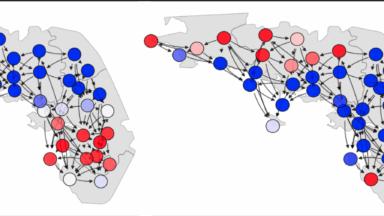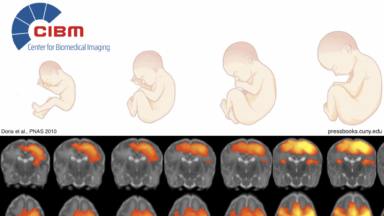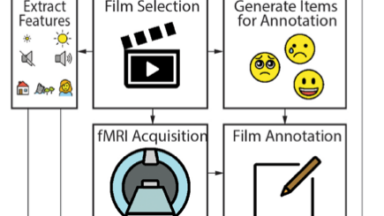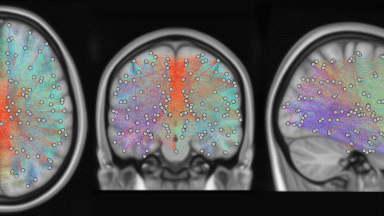Explore the many projects available in our laboratory and seek your next research adventure!
If you are interested in doing a project within MIPLab please apply following the instructions provided here!

Longitudinal Brain Connectomics and Functional Fingerprinting in Chronic Tinnitus
This semester or MSc thesis project will investigate how large-scale brain networks reorganize during neurofeedback treatment for chronic tinnitus…

Graph Phase based Clustering on Rest and Task fMRI
For many years, wide variety of clustering methods have been employed in neuroimaging, revealing crucial network-wide patterns. Instances of such work include, functional networks (e.g Default Mode Network) …

Developmental Trajectories of Perinatal Resting-State fMRI dynamics
This project aims to investigate the maturation of brain functional dynamics during the perinatal period by for example applying Co-Activation Pattern (CAP) analysis….

Dynamic mode decomposition of fMRI during film watching
The use of naturalistic stimuli, such as films, during functional MRI acquisitions is opening a new way to explore brain activity. One approach is “dynamic mode decomposition” (DMD), a latent space discovery method built …

Encoding and Decoding fMRI during film watching
While human brain decoding and encoding for simple images have been explored here we propose to study human brain decoding and encoding during naturalistic stimuli i.e film watching. First analyses have …

Community Detection in Directed (Brain) Networks
Community detection in graphs aims at finding the best partitioning. Real-world networks (e.g. the human brain), however, tend to describe asymmetric and directed relationships …
Investigating memory consolidation during sleep with functional MRI
Sleep has a crucial role in memory consolidation, but the specific brain mechanisms allowing for the development of memory traces remain still largely unknown. A unique dataset of lucid dreamers who were recorded with functional MRI during training of a hand motor sequence both awake and during sleep will be used to investigate these mechanisms.
Graph signal processing to investigate structure-function coupling during sleep
Brain functional activity emerges from the underlying anatomical structure of neural fiber bundles in a non trivial way. Considering functional magnetic resonance imaging (fMRI) recorded signals as defined on the structural graph allows us to address this question in the graph signal processing framework, adapting conventional signal processing concept to the …
The role of the hippocampus in tracking personal goals
This study investigates the role of the hippocampus in distinguishing goals over time. For this, we will analyze functional Magnetic Resonance Imaging (fMRI) scans of healthy subjects acquired while they were required to accomplish specific tasks, to investigate brain activation during the accomplishing of specific goals.